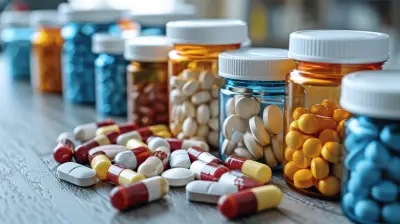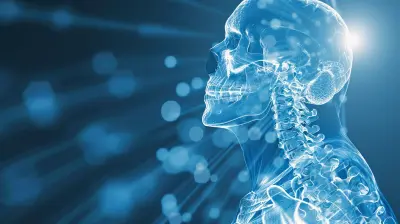Understanding Glycation and How It Accelerates Aging
11 April 2025
Aging is inevitable, but did you know there's a sneaky process in your body making it happen even faster? It’s called glycation, and it’s wreaking havoc on your skin, organs, and overall health without you even realizing it.
But don’t worry—you’re not powerless against it! In this article, we’ll uncover what glycation is, how it speeds up aging, and most importantly, what you can do to slow it down.
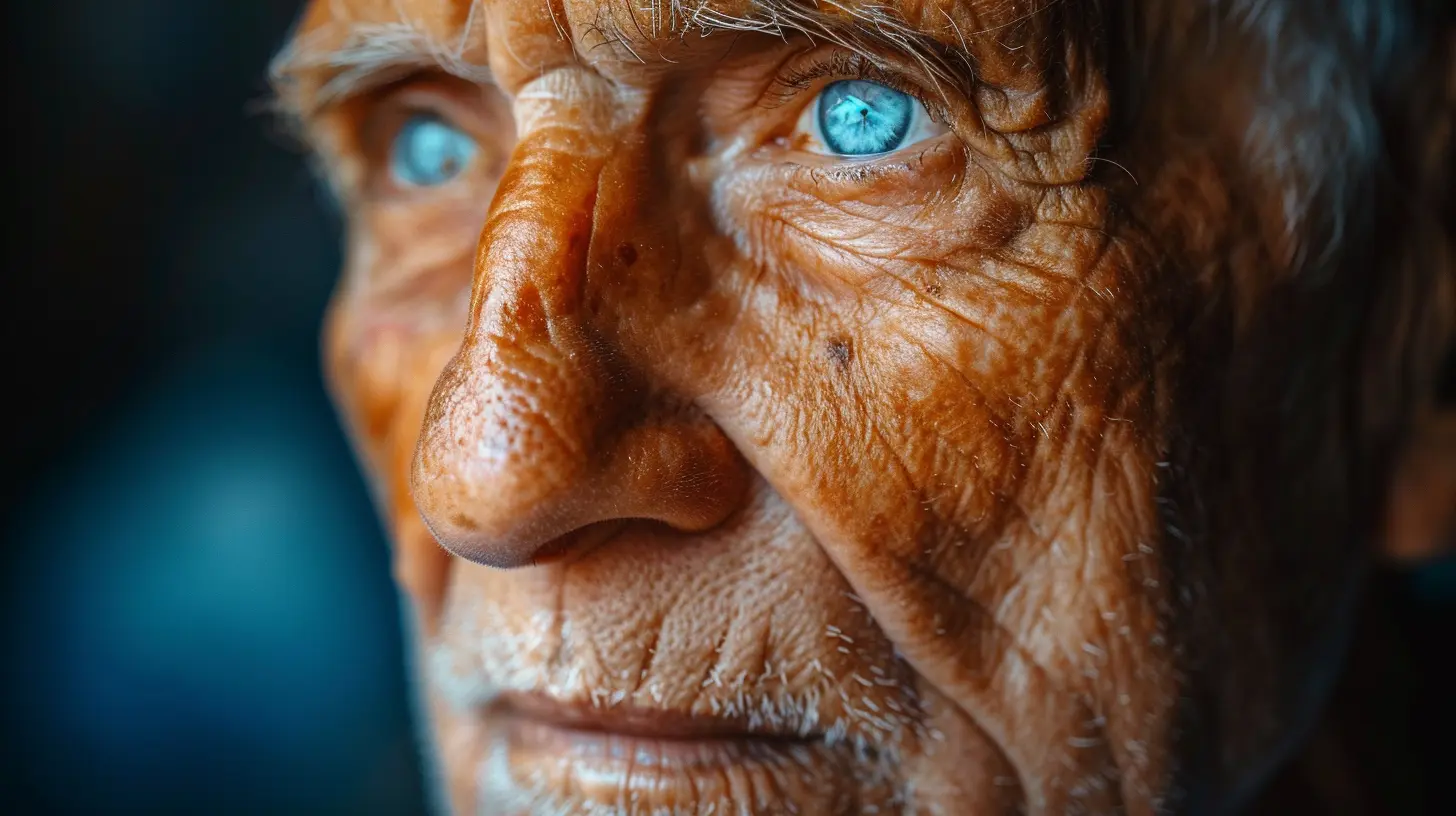
What Is Glycation?
Glycation is a biochemical process that occurs when sugar molecules bind with proteins or fats in the body, forming harmful compounds called advanced glycation end-products (AGEs).These AGEs don’t just sit there harmlessly. They trigger inflammation, damage collagen and elastin (the proteins that keep your skin firm and youthful), and contribute to various age-related diseases.
Think of it like this: ever noticed how toast turns brown when it's heated? That’s glycation in action! The same process happens inside your body, only instead of toast, it’s your skin and internal organs that are "browning" over time. Scary, right?
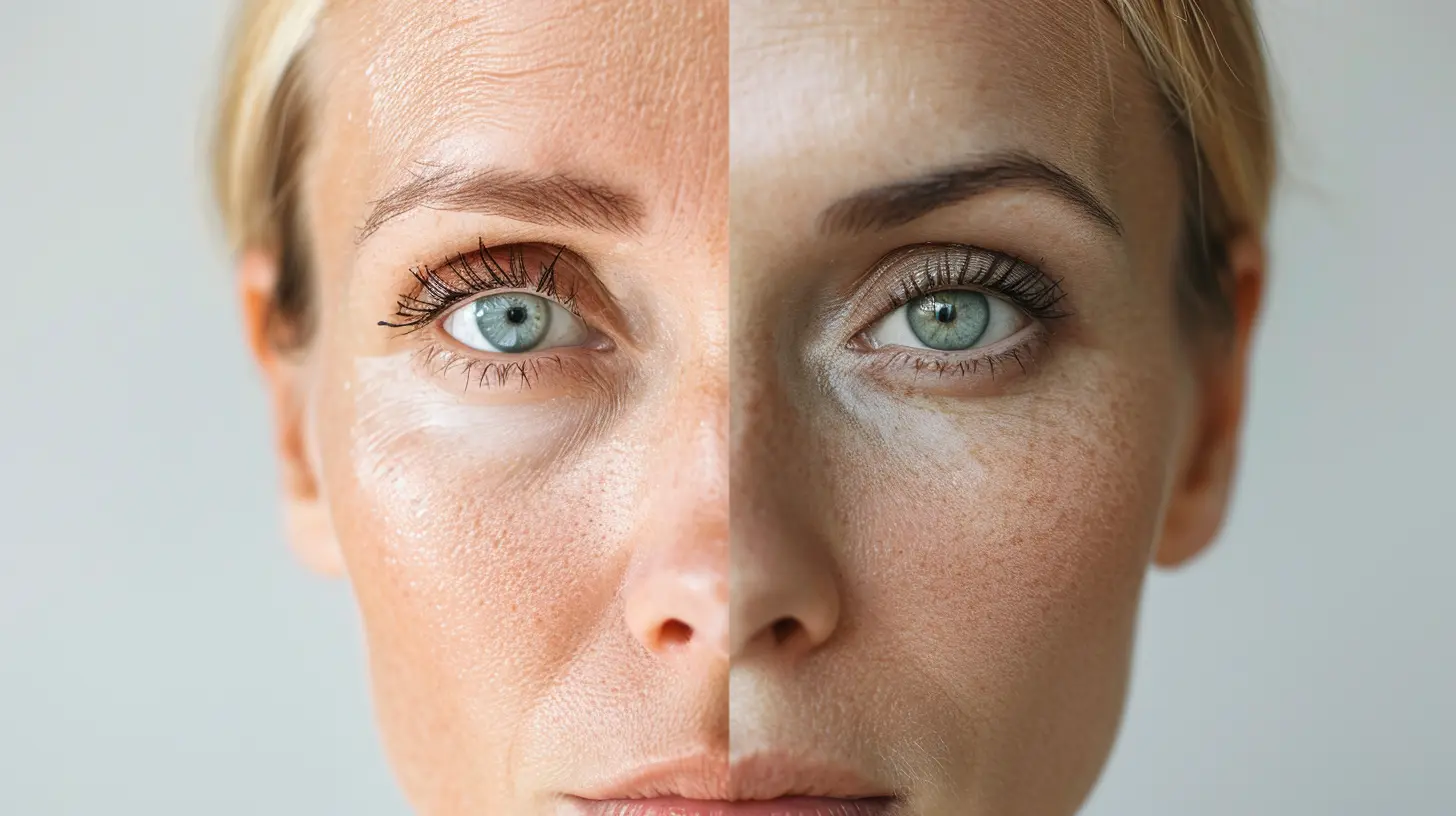
How Glycation Accelerates Aging
Okay, so glycation happens when sugar teams up with proteins and fats. But what’s the real impact on aging? Let’s break it down:1. Wrinkles and Sagging Skin
Collagen and elastin are the building blocks of youthful, bouncy skin. But when AGEs form, they stiffen, weaken, and break down these proteins, causing wrinkles, sagging, and dullness.Ever wonder why high-sugar diets often lead to premature aging? You guessed it—glycation is stealing your skin’s glow.
2. Loss of Skin Elasticity
Elastin gives your skin its "snap-back" ability. But once glycation damages it, your skin loses that resilience. That’s why sugar-heavy diets can make your skin look older than it should.3. Chronic Inflammation
AGEs don’t just sit idly—they fuel chronic inflammation in the body. And long-term inflammation is a major player in aging-related diseases like arthritis, diabetes, and heart disease.So, if you’re consuming excess sugar, you're not just aging externally—your entire body is feeling the effects.
4. Increased Risk of Chronic Diseases
Glycation contributes to more than just cosmetic aging. It plays a major role in:- Diabetes – High blood sugar levels mean more glycation, worsening complications like nerve damage and kidney disease.
- Cardiovascular Disease – Glycation stiffens arteries, increasing the risk of heart attacks and strokes.
- Alzheimer’s Disease – Research suggests AGEs contribute to brain aging and cognitive decline.
Scary, right? But before you panic, here’s the good news—there are ways to fight back!

How to Reduce Glycation and Slow Aging
The key to beating glycation? Lifestyle choices. Here are some science-backed strategies to limit AGEs and keep your body (and skin) youthful:1. Cut Down on Sugar
Let’s be real—sugar is delicious, but it’s also public enemy number one when it comes to glycation. Reducing sugar intake can drastically slow the formation of AGEs.Tips to reduce sugar:
- Swap sugary drinks for water, herbal tea, or black coffee.
- Choose whole fruits instead of fruit juices.
- Read labels—added sugars are hiding everywhere!
2. Eat a Nutrient-Rich Diet
What you eat directly impacts how much glycation occurs in your body. Focus on:✅ Antioxidant-rich foods (berries, leafy greens, nuts) – These combat oxidative stress caused by AGEs.
✅ Healthy fats (avocados, olive oil, omega-3s) – Support skin elasticity and fight inflammation.
✅ Lean proteins (chicken, fish, tofu) – Provide building blocks for healthy collagen without excess sugar.
3. Avoid High-Heat Cooking Methods
Grilling, frying, and roasting at high temperatures create dietary AGEs, which add to the problem.Instead, try steaming, boiling, or slow-cooking your food to minimize AGE formation.
4. Stay Hydrated
Water helps flush toxins and maintain skin elasticity. Aim for at least 8 glasses a day to support detoxification and reduce glycation damage.5. Exercise Regularly
Movement increases circulation and helps your body clear out AGEs. Whether it’s walking, strength training, or yoga, staying active is a great anti-aging strategy.6. Prioritize Sleep
Your body repairs itself while you sleep. Poor sleep increases AGE accumulation and speeds up aging. Make sure you're getting 7-9 hours of quality sleep per night.7. Consider Supplements
Certain vitamins and nutrients help counteract glycation. Some effective ones include:- Vitamin C & E – Powerful antioxidants that protect collagen from damage.
- Alpha-lipoic acid (ALA) – Helps reduce AGEs and supports skin health.
- Resveratrol (found in red wine & grapes) – Fights oxidative stress and inflammation.
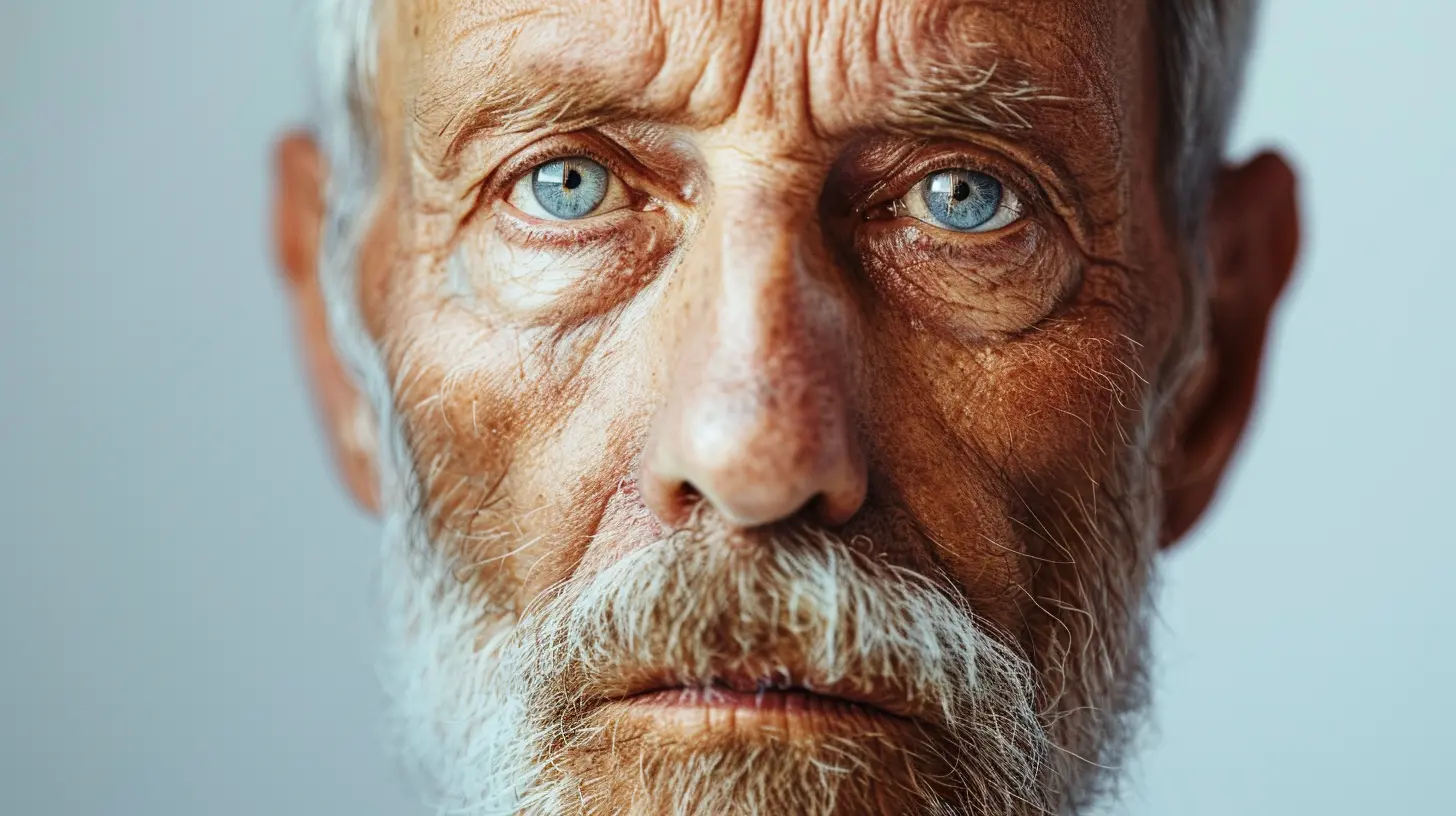
Can You Reverse Glycation Damage?
While you can’t erase glycation completely, you can slow it down and minimize its impact by making healthier choices.The earlier you start, the better. Whether it's cutting down on sugar, eating antioxidant-rich foods, or getting enough sleep, every small step counts in keeping your skin and body youthful.
Final Thoughts
Aging is a natural process, but premature aging? That’s something you can control. By understanding glycation and making simple lifestyle changes, you can protect your skin, organs, and overall health from its damaging effects.So, the next time you're tempted to reach for that extra sugary treat, just remember—your future self will thank you for making smarter choices today!
all images in this post were generated using AI tools
Category:
Anti AgingAuthor:

Laura Hudson
Discussion
rate this article
4 comments
Dorothy McInerney
Glycation is a critical factor in aging that we must address for better health. Understanding its impact empowers us to make informed lifestyle choices and promote longevity.
April 26, 2025 at 4:09 AM

Laura Hudson
Thank you for your insightful comment! Glycation indeed plays a significant role in aging, and understanding its effects can help us all make healthier choices for improved longevity.
Rocket Matthews
Great insights! Awareness of glycation can truly empower health.
April 14, 2025 at 3:24 PM

Laura Hudson
Thank you! I'm glad you found the insights valuable—awareness is key to healthier aging!
Chase Kearns
Thank you for this insightful article! Understanding glycation's role in aging is crucial for our health choices. I appreciate the clear explanations and practical tips provided.
April 12, 2025 at 3:21 AM

Laura Hudson
Thank you for your kind words! I'm glad you found the article helpful in understanding glycation and its impact on aging. Your health choices are important!
Nathan Gutierrez
Sweet bonds, silent thief.
April 11, 2025 at 2:39 PM

Laura Hudson
Thank you! Glycation truly creates "sweet" bonds that can stealthily contribute to aging.
